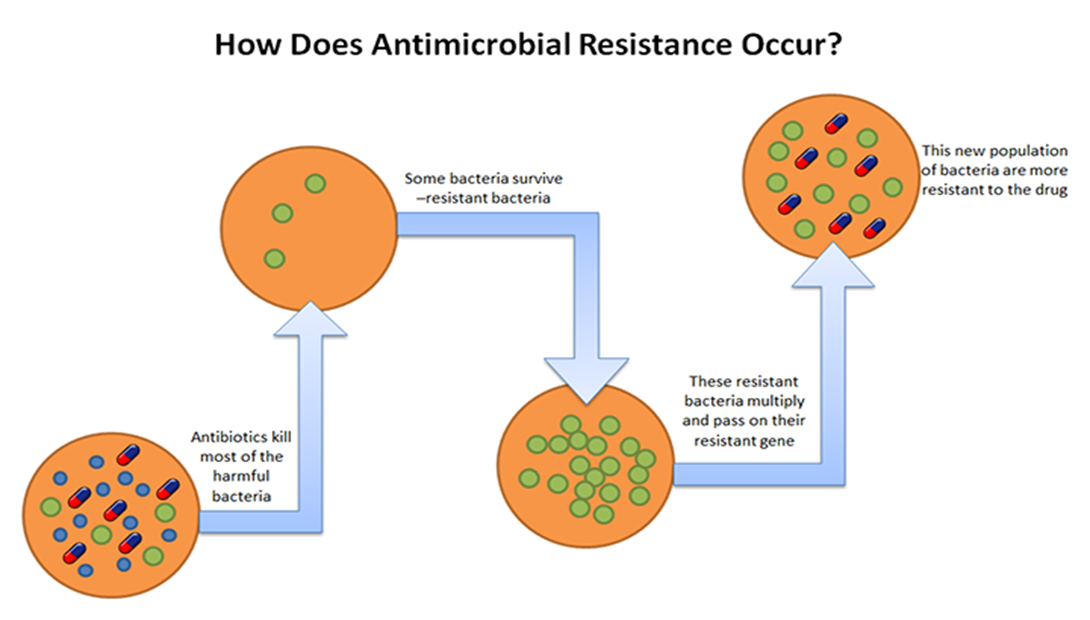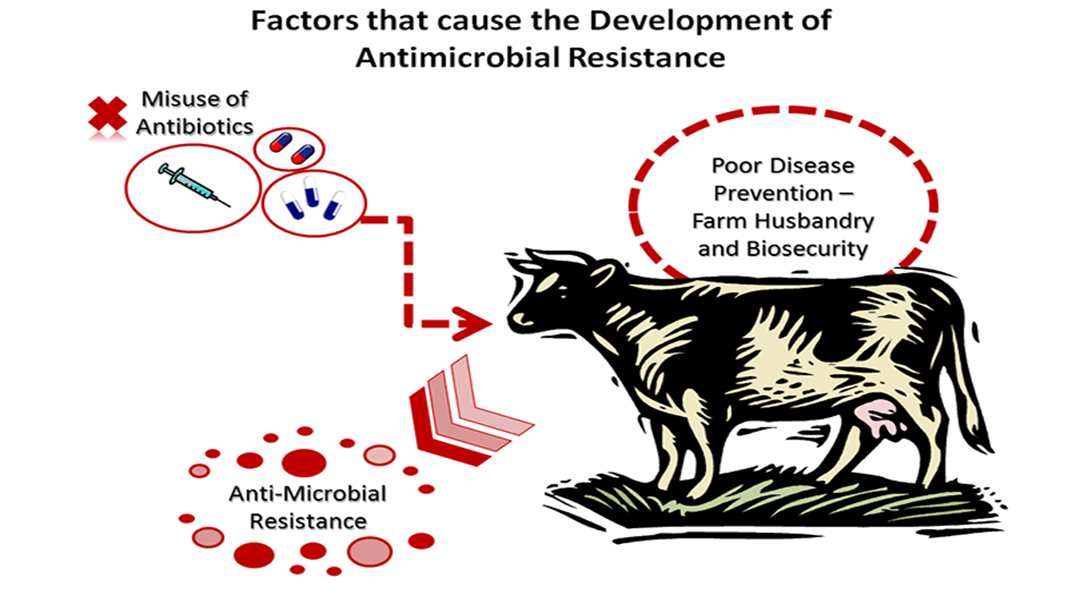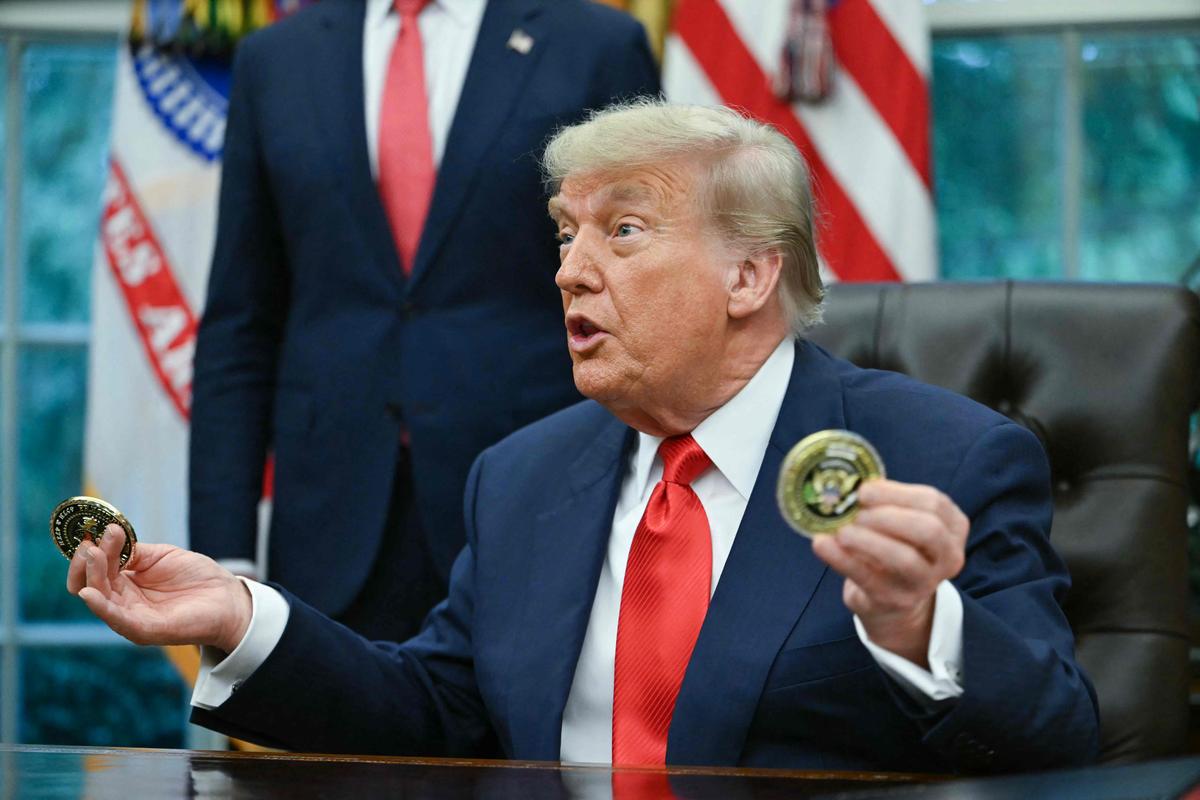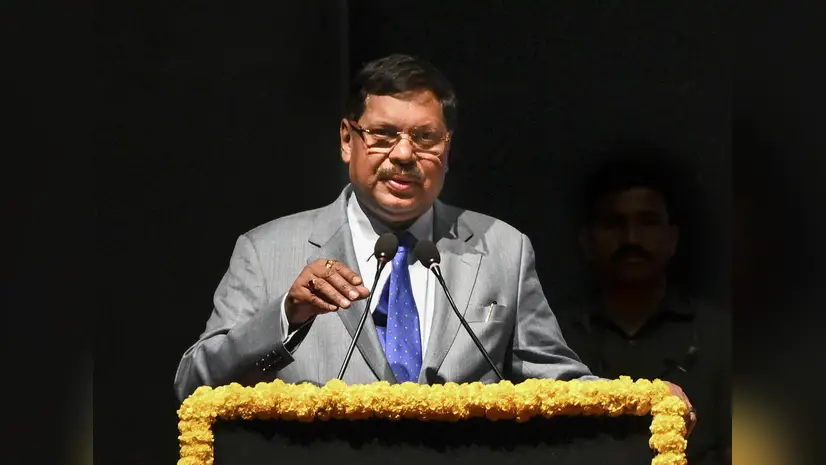- Courses
- GS Full Course 1 Year
- GS Full Course 2 Year
- GS Full Course 3 Year
- GS Full Course Till Selection
- Answer Alpha: Mains 2025 Mentorship
- MEP (Mains Enrichment Programme) Data, Facts
- Essay Target – 150+ Marks
- Online Program
- GS Recorded Course
- Polity
- Geography
- Economy
- Ancient, Medieval and Art & Culture AMAC
- Modern India, Post Independence & World History
- Environment
- Governance
- Science & Technology
- International Relations and Internal Security
- Disaster Management
- Ethics
- NCERT Current Affairs
- Indian Society and Social Issue
- NCERT- Science and Technology
- NCERT - Geography
- NCERT - Ancient History
- NCERT- World History
- NCERT Modern History
- CSAT
- 5 LAYERED ARJUNA Mentorship
- Public Administration Optional
- ABOUT US
- OUR TOPPERS
- TEST SERIES
- FREE STUDY MATERIAL
- VIDEOS
- CONTACT US
Global Leaders Group on Antimicrobial Resistance
Global Leaders Group on Antimicrobial Resistance
02-05-2024
The European Society for Clinical Microbiology and Infectious Diseases (ESCMID) and the Global Leaders Group (GLG) on AMR jointly organised a high-level event, ‘Forging partnerships between science and policy’, on April 26, 2024 in Barcelona, Spain.
- The meeting was aimed to position research, science and implementation on antimicrobial resistance (AMR) into the political agenda and the pressing need to address the crisis across sectors.
About the Global Leaders Group on Antimicrobial Resistance (GLG):
- Composition: It involves world leaders and experts from across sectors collaborating to accelerate political action on AMR.
- Role: Serves as an independent global advisory, focusing on maintaining urgency, public support, political momentum, and visibility of the AMR challenge in global health and development agendas.
- Background:
- Established in November 2020 based on the recommendation of the Interagency Coordination Group (IACG) on AMR to enhance global political momentum and leadership on AMR.
- Inaugural meeting held in January 2021.
- Secretariat: Supported by the Quadripartite Joint Secretariat (QJS) on Antimicrobial Resistance, a joint effort of the Food and Agriculture Organization (FAO), the United Nations Environment Programme (UNEP), the World Organisation for Animal Health (WOAH), and the World Health Organization (WHO).
What is Antimicrobial Resistance (AMR)?

- Definition: The ability to resist drugs designed to prevent or kill bacteria and other germs.
- Impact: These resistant microbes, sometimes called 'superbugs,' cause drug-resistant infections that are challenging to treat.
- Causes of AMR:

-
- AMR is a natural phenomenon, driven primarily by antimicrobial drug use.
- The overuse of antimicrobial drugs in humans, animals and plants is leading to an increase in drug-resistance, making infections harder to treat.
Must Check: Best IAS Coaching In Delhi



